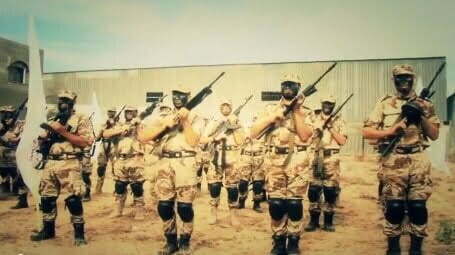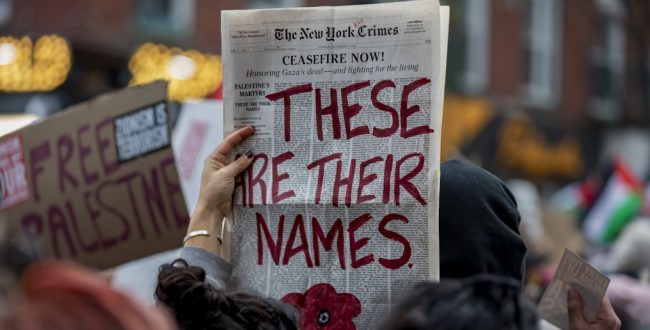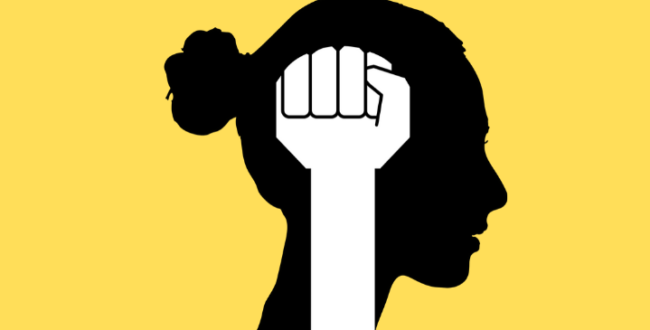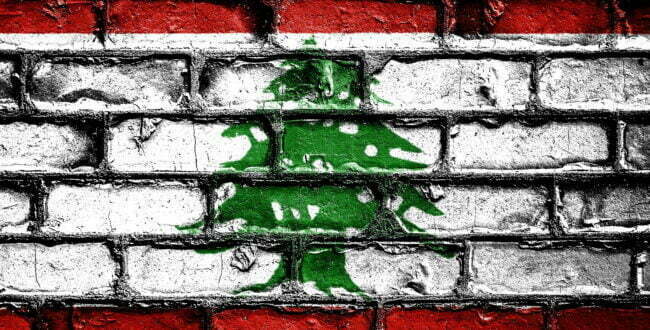The day after tomorrow (November 21), all the Palestinian factions will meet in Cairo to discuss five key issues on the Palestinian national agenda: The factions’ membership of the PLO, a national unity government, general elections, security, and social reconciliation. The first of these issues would seem to be the key factor in resolving the dispute concerning the weapon of resistance and recognition of the Oslo agreement.
The Palestinian Liberation Organization (PLO) was established in 1964 under Egyptian auspices. Five years later, the Fatah joined the PLO and its head, Yasser Arafat, became the leader of the body. For twenty-five years the PLO waged an armed struggle against Israel. After this struggle failed to secure its objectives, Yasser Arafat decided to turn to diplomacy, signing the Oslo Agreement with Israel (1993), which recognized the existence of Israel and the status of the PLO as the sole legitimate representative of the Palestinians.
Arafat was unable to convince the opposition factions (Hamas, Palestinian Islamic Jihad, the PFLP, and the DFLP) to recognize Israel. However, he managed to maintain Palestinian national unity. After the death of the father of Palestinian nationalism, a process of disintegration began.
Thirteen years after Arafat’s death, ten years after the split between Fatah and Hamas, and just before the Palestinian leaders lose any chance of enjoying the trust of the younger generation, the PLO may yet prove to be the Palestinians’ lifebelt, allowing them to hold the weapon of resistance under a single umbrella group.
The Palestinian leaderships face three choices: To leave the weapon of resistance in the hands of the different factions; to disarm these weapons and form a single military framework; or to bring the weapons of all the factions under the authority of the PLO National Security Council, which will decide on matters of war and peace.
The Palestinian Authority supports the second option and opposes a gradual process whereby the armed resistance factions will maintain their organizational independence but be subject in operational terms to a supreme national authority, and only in the future relinquish their organizational independence in favor of building a single military.
Hamas, Palestinian Islamic Jihad, and the PFLP all favor the first option, but it seems likely that they will have no alternative but to agree to the third scenario, as is apparent from comments by senior figures in all three organizations.
Yahya Sinwar, the head of the Hamas Politburo in the Gaza Strip, declared that the Palestinian people is still in the stage of national liberation. He stated: “Our weapons must be under an overall national umbrella in which all the Palestinians must participate, and this umbrella is the PLO.” Salah al-‘Aruri, deputy head of the Hamas Politburo, noted that the diplomatic approach has failed to end the occupation.
However, since Fatah, Hamas’s partner in reconciliation in the PLO, still believes in this approach, Hamas and its partner will strive “to realize our people’s interests through resistance operations and diplomatic operations.” ‘Aruri explained that this partnership “includes partnership in the decision on war and peace […] It is not difficult to find a formula that will bring together all the factions and frameworks for joint action.”
Meanwhile, Kayed al-Ghul, a member of the PFLP Politburo, stated that “we must find the appropriate formulas ensuring an organized mechanism that will act in accordance with the national decision.” Ahmad al-Madalal, a leading figure in Islamic Jihad, commented that “as long as there is an Israeli occupation on the land of Palestine, the resistance and its weapons against the enemy will continue to be legitimate.
Hamas, which initiated the reconciliation process, is thus willing to bring the weapon of resistance under the authority of the PLO in order to gain important credit in the region and around the world. It seeks to become a legitimate partner in the diplomatic negotiations with Israel and to strengthen its status in the Gaza Strip and the West Bank.
To this end, the movement has recruited the support of important sources of influence, including prominent elders, tribal leaders, women, young people, and religious figures. The Supreme Body for Tribal Affairs in the Gaza Strip convened the first national conference of dignitaries, village and tribal leaders, and proposed to establish a “Council of Dignitaries” to act against anyone who attempts to foil the reconciliation. Maher al-Huli, the chairman of the Council, clarified that the weapon of resistance is a symbol of the honor of the Palestinian people and the source of its strength. However, it must be subject to a single military command unifying all the factions.
The Palestinian Council for National Empowerment, which met in the Gaza Strip, established a “Women’s Council” charged with acting to prepare hearts and minds in favor of reconciliation, the rehabilitation of social fabric, and the involvement of women in the reconciliation delegations. Religious scholars who also met in Gaza argued that reconciliation should be considered an obligation under Islamic religious law and a manifestation of the national desire for cooperation. Yahya Sinwar, meeting with young people in the Gaza Strip, told them that he derives from them the strength to break the neck of anyone who attempts to thwart the reconciliation.
Islamic Jihad is not daring to disrupt the reconciliation drive led by Hamas and Egypt. Although the organization would like to wreak revenge on Israel for the killing and detention of its activists, it is restraining itself and confining itself to psychological warfare against the Israeli population. The organization’s strength is military rather than political, and its leaders understand that in order to preserve their military strength and influence national decisions they must show a high level of political discipline, at least at this stage.
The inclusion of Hamas, Islamic Jihad, the PFLP, and the DFLP in the PLO, the return of the external leaderships to Palestinian territory, and agreement to place the weapon of resistance under the authority of the PLO’s National Security Council could facilitate the process of transition from armed militias to a single military. This will also force the opposition factions and their leaders to recognize the Oslo Accord as signed by the PLO, to prioritize diplomacy over armed action, and to accept the sponsorship of the Arab-nationalist camp led by Egypt, Saudi Arabia, Jordan, and the UAE over the Islamist-religious camp of Iran, Turkey, the Muslim Brotherhood, and Hizbullah.
If all the Palestinian factions put the national ego above their political ego, it will be possible to say that they have overcome the tendency to claim that “the train missed me” (rather than the reverse) – a traditional approach that has encouraged the factions to evade public and national responsibility for their people’s fate.
Comprehensive national mobilization for the liberation of the Palestinians, who suffer from occupation, siege, and sanctions imposed by Israel, Egypt, and the Palestinian Authority, could give the people meaningful hope. This could also motivate the people to apply pressure on their leaders not to return to the armed struggle – an approach that brought devastation and only took the Palestinians further away from their dream of establishing an independent Palestinian state in the 1967 borders.
















